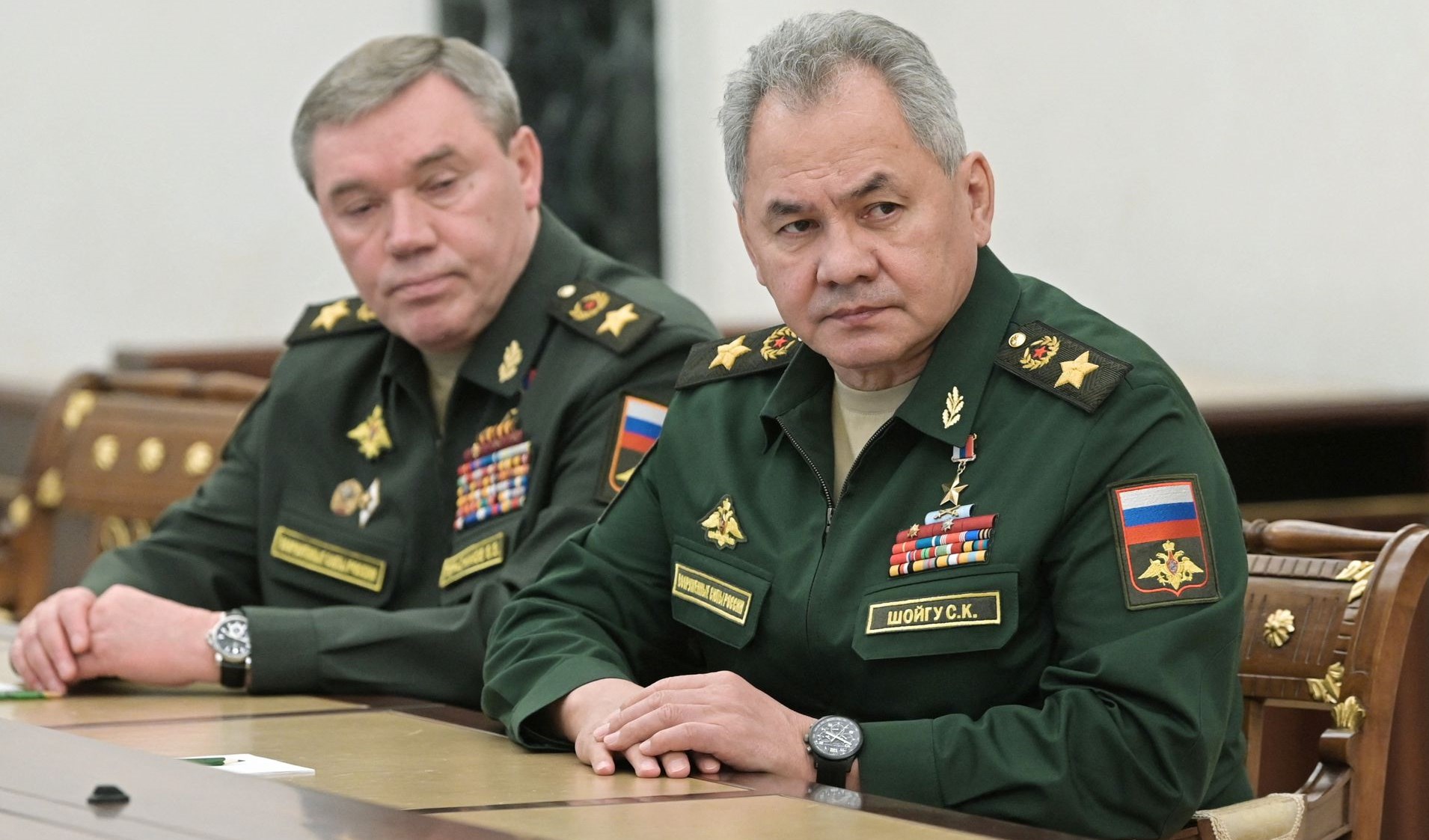Russian Defense: NATO increased its presence near Russia by 2.5 times
Russian Defense Minister Sergei Shoigu says that NATO has increased its presence in Eastern Europe.
-

Russian Defense Minister Sergei Shoigu (Reuters)
NATO surrounds the Russian border in Eastern Europe as it increases its presence, including troops of non-regional members of the alliance. NATO's presence has grown 2.5 times since February and has reached 30,000 people with the potential of further growth, Russian Defense Minister Sergei Shoigu said on Wednesday.
"Formations of the armed forces of non-regional NATO states have been deployed in Eastern and Central Europe, as well as in the Baltic states. New multinational battalion tactical groups are being created in Bulgaria, Hungary, Romania and Slovakia," Shoigu revealed at a meeting of the joint board of the defense ministries of Russia and Belarus.
Additionally, Shoigu said that "the strength of the military group has increased by 2.5 times since February 2022 and currently consists of more than 30,000 people, and in the near future it may increase even more."
Shoigu further said on Wednesday that NATO is transitioning from containing Russia through forward presence toward deploying a full-scale collective defense system on Europe's eastern flank near the Russian borders.
"At the Madrid summit of NATO in late June, [the alliance] adopted a new strategic concept, where Russia was named the main source of security threats. In this regard, the alliance intends to move from 'containing Russia through a forward presence' to creating a full-scale collective defense system on the eastern flank, near our borders," Shoigu said.
NATO officially amends "strategic concept" to consider Russia a threat
Earlier in June, NATO leaders in Madrid labeled Russia a threat to their security during the summit on Wednesday, with alliance's chief Jens Stoltenberg saying that NATO will “state clearly that Russia poses a direct threat to our security,” as the alliance seeks to upgrade its defense response, by strengthening its eastern flank, given the ongoing war in Ukraine.
Stoltenberg stated that the summit in Madrid is considered “historic and transformative", adding that the leaders "meet in the midst of the most serious security crisis we have faced since the Second World War."
The NATO Strategic Concept is the organization's key document, in which member countries reaffirm NATO's values and purpose, provide a collective assessment of the security environment, define security challenges and measures to address them, and outline guidelines for the alliance's future political and military development.
Read more: Sweden open to nukes under NATO: PM

 3 Min Read
3 Min Read








